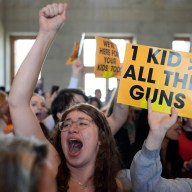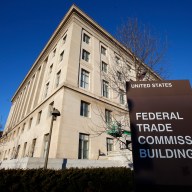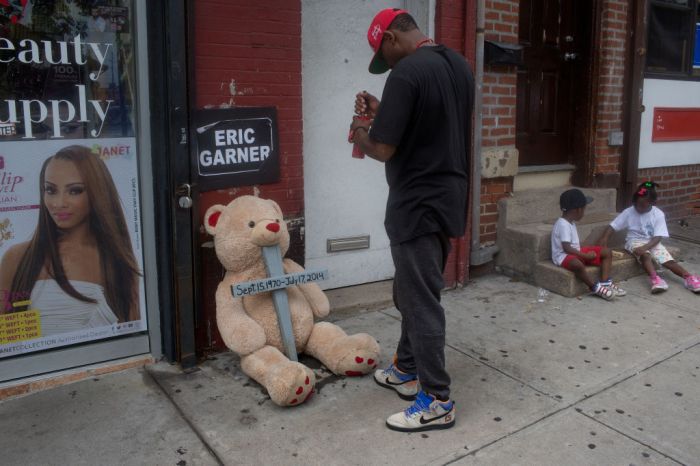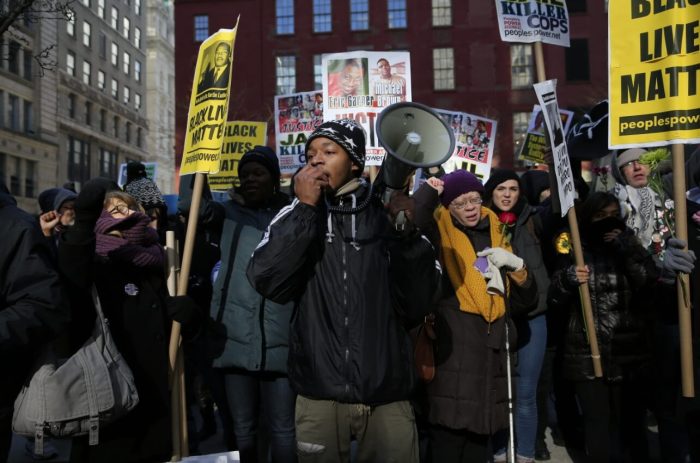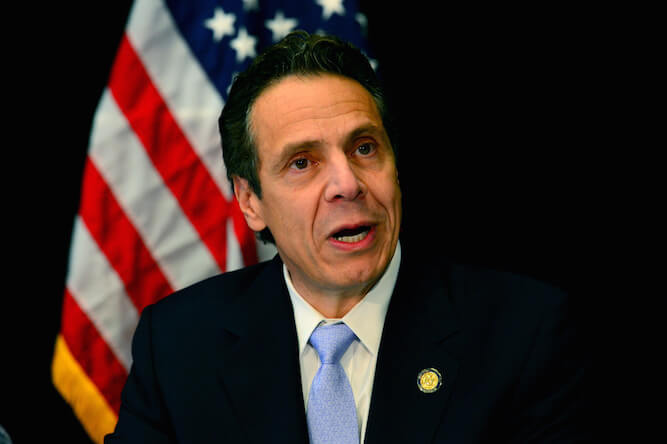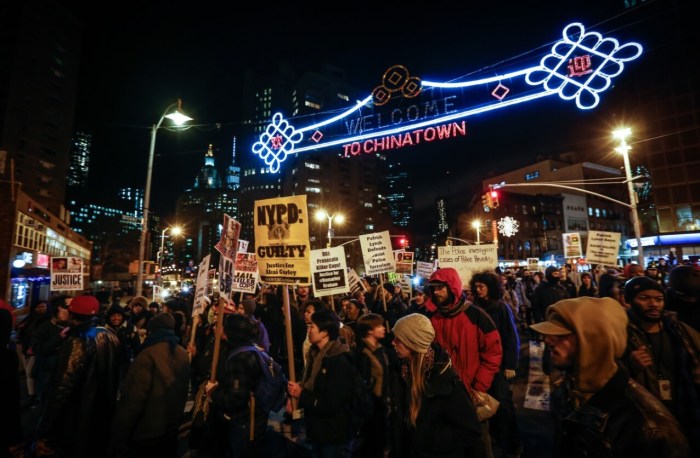NYPD Commissioner Bill Bratton knows many New Yorkers aren’t happy with the NYPD, but he says he doesn’t understand why, because crime is down.
Speaking at a “power breakfast” of the Association for a Better New York on Tuesday, Bratton said it was “hard to see that anger” from protesters who have demonstrated against the grand jury decisions in Ferguson and Staten Island over the past two weeks. “On its face, it’s hard to make sense of it. Crime is down, isn’t that what police are paid to do? Disorder controlled, isn’t that what police are paid to do?” Bratton told the groupof business, political and labor leaders. Bratton said fear of crime is down among New Yorkers, but acknowledged they don’t trust police or government. He said that trust needs to be restored, especially in communities of color. Last week, Bratton and Mayor Bill de Blasio announced that reported crime numbers continued to drop, with robberies down 14 percent and grand larcenies down by 3 percent from last year. The city had seen 290 homicides through November this, down more than 83 percent from 1993. “What I don’t understand is what he doesn’t understand,” said L. Joy Williams, President of the Brooklyn NAACP. “He needs to acknowledge that there are other communities in this city that are policed with different levels of respect than communities of color, its evident if he says he doesn’t understand, he still doesn’t get it.” “The commissioner must recognize that this distrust doesn’t come from CompStat,” said Bronx Council member Andy King, referring to the NYPD’s crime tracking system.
“You can’t be so bold to say crime is down from police action,” King said, citing income and education as two of many factors that determine crime. “Policing in some areas help reduce crime. A lot of policing comes after the crime is committed.” King said the only way to rebuild public trust is for officers to respect the people in the community they’re policing. “It’s okay to be human on the job,” said King, who co-chairs the City Council’s Black, Latino and Asian Caucus. Frequent complaints of “disrespect, death and abuse” come from minority neighborhoods — not Wall Street and the Upper West Side, said Williams, and making those areas safer requires community participation. “You can’t effectively enforce law and order if the community is not partners with you, and you can’t be partners if you don’t have trust in the system,” Williams said.
“This is a very big step for the commissioner to acknowledge that there are problems and perhaps think about what they can do differently,” said Robin Hayes, an East Flatbush native and professor of urban policy at the New School. “Racism is so systemic, so pervasive and so widespread that there’s not really a lot police can defend in terms of their behavior,” she said.
Bratton: ‘Hard to see’ reason for protests
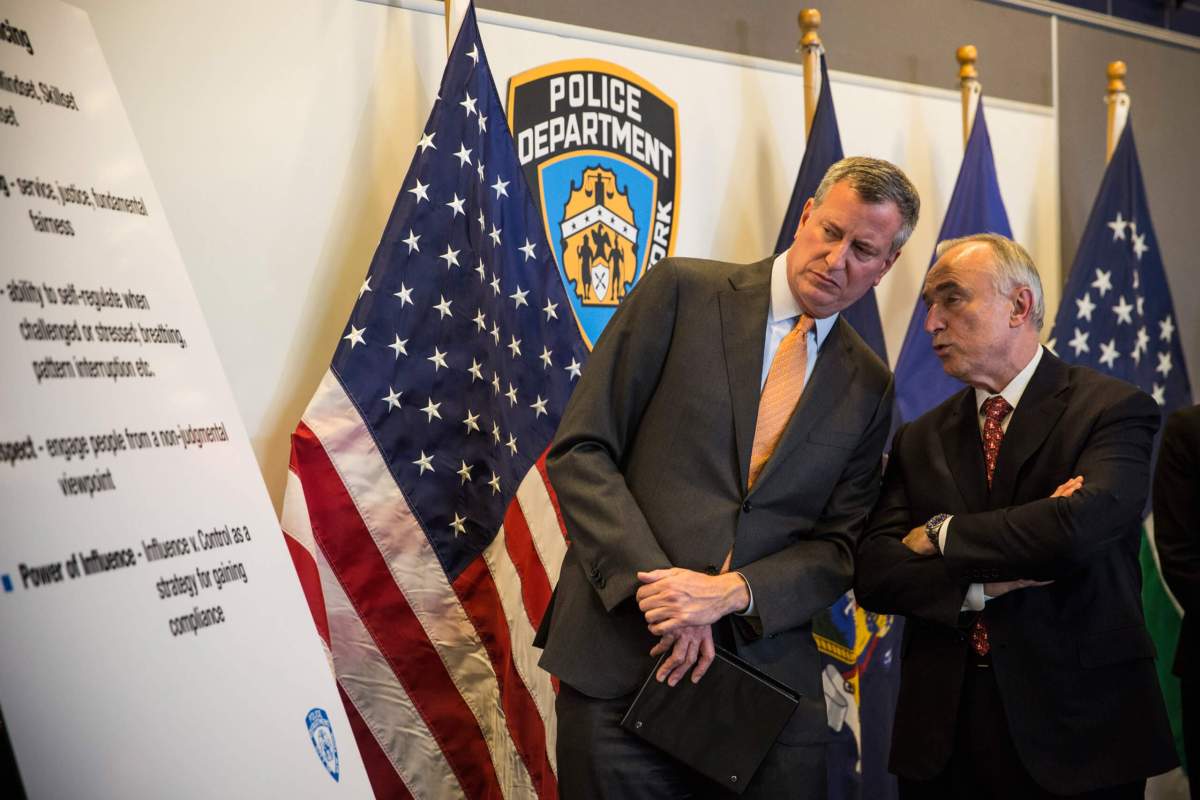
Getty Images









